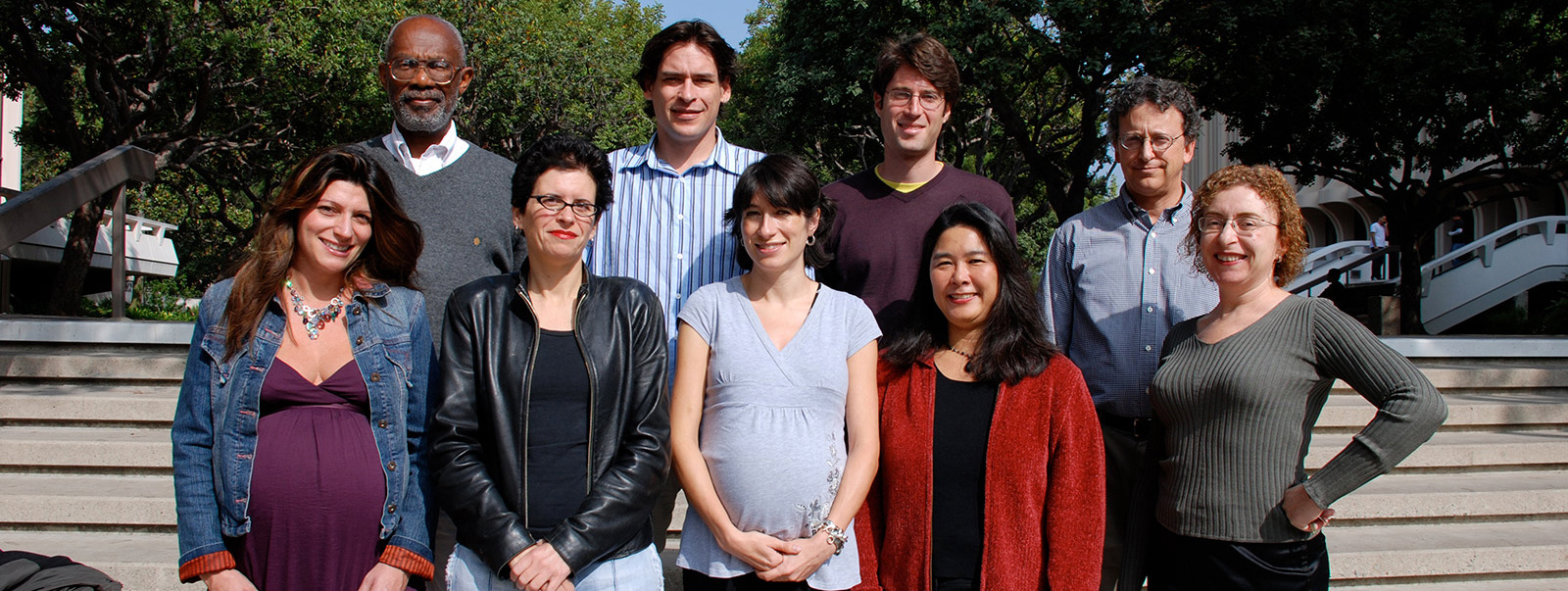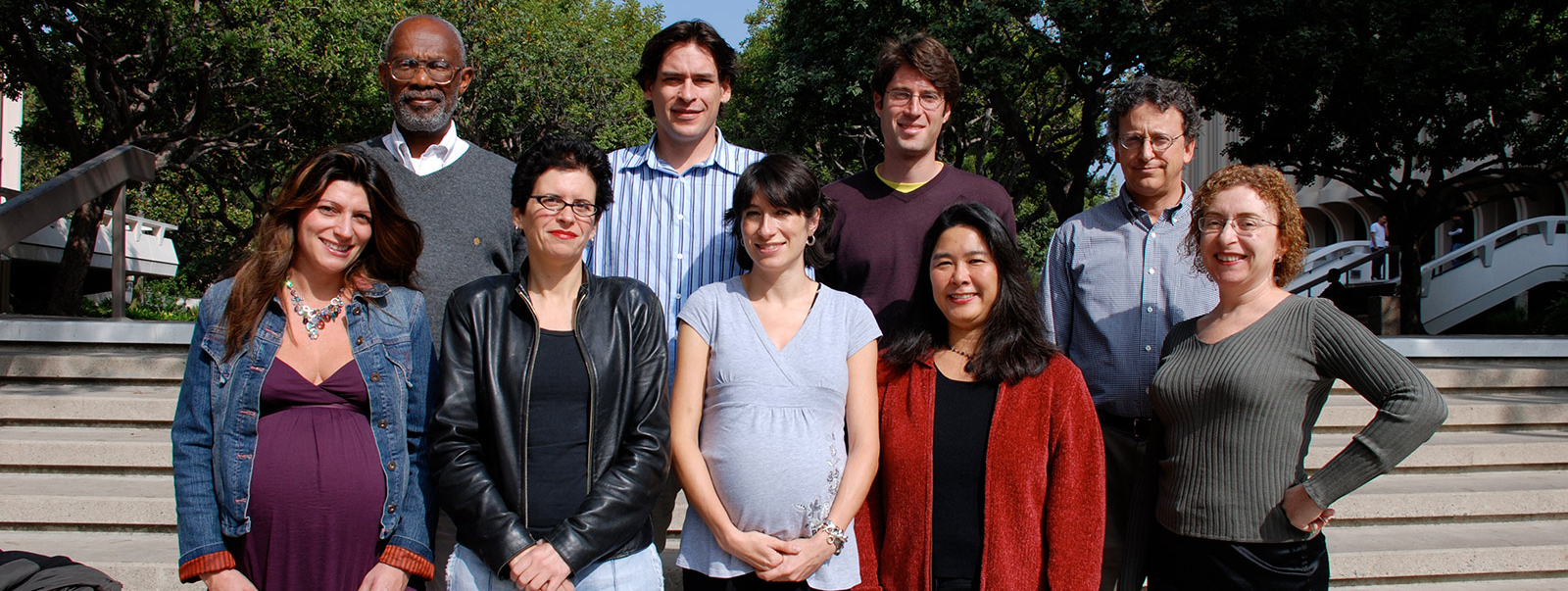The Emergence of ‘the West’: Shifting Hegemonies in the Medieval Mediterranean
Brian Catlos
History
UC Santa Cruz
Sharon Kinoshita
Literature
UC Santa Cruz
Participants
Céline Dauverd
History
UC Los Angeles
Ray Kea
History
UC Riverside
Seth Kimmel
Comparative Literature
UC Berkeley
Karla Mallette
Italian and Near Eastern Studies
University of Michigan
Daniel Schroeter
History
UC Irvine
Núria Silleras-Fernández
History
UC Santa Cruz
Oumelbanine Zhiri
Literature
UC San Diego
In The Making of Europe (1993) historian Robert Bartlett eschewed essentialist notions of European identity that have long implicitly or explicitly pervaded medieval historiography to redefine “Europe” as a culture—a constellation of institutions and practices originating in the Carolingian empire and diffused between c. 950 and 1350 through conquest, colonization, and acculturation. This recognition of the historical constructedness of “Europe” during the high and late Middle Ages opens the way for a reformulated understanding of areas like the Iberian peninsula, southern Italy, and the Byzantine empire— sites that, despite their great political, economic, and cultural importance, are frequently relegated to the margins of a “medieval Europe” strongly identified with the northerly cultures of France, Germany, and England. Our project seeks to complement and correct Bartlett’s genealogy of Europe with a genealogy of the medieval Mediterranean. In contrast to “Europe,” defined first of all by its allegiance to a certain hegemonic version of Latin Christianity (as opposed to the heterodox practices of Christian Iberia or the “Celtic fringe”), the Mediterranean basin is characterized by a plurality of religions, within as well as between multilingual and/or multiconfessional polities like the Iberian kingdoms (both Christian and Islamic), Norman Sicily, and Fatimid/Ayyubid/Mamluk Egypt.


